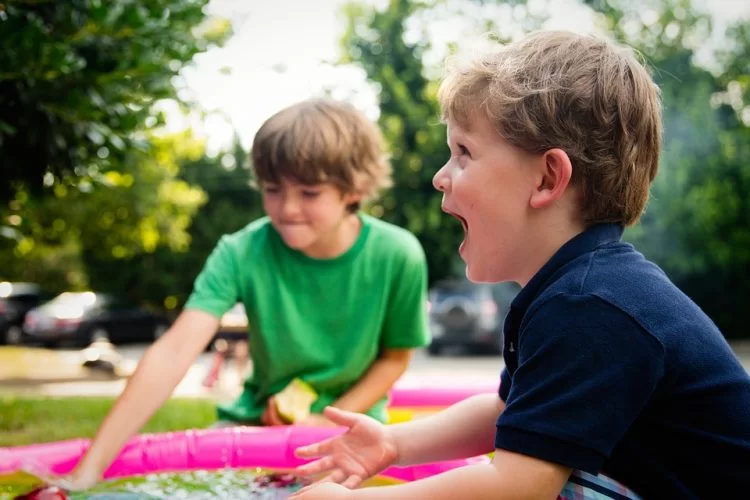Importance of Play for Children
Every child has their own unique developmental path. Although the ages of the children are the same, their developmental characteristics may differ. The period in which emotional skills develop the fastest and most effectively is between the ages of 3-12. Even if they are in the same age group, their emotional skills may differ. They can do the same activity differently. We can support the child with activities in areas that you think are missing.
Play is important at any age. Play has an important role in shaping life. For children, play is fun, but it is a way of learning beyond having fun. Children contribute to their development through play. He discovers himself through play, develops communication, develops himself, knows the world, adapts, adapts. Play is the child’s most important development tool, language, and learning style. Children express their feelings and thoughts through play. He reflects his fear, anxiety, jealousy, difficult and unexplainable emotions with the games and toys he chooses. He learns to direct his emotions and to cope with his positive and negative emotions through play. Problem solving skills develop through play. Playing with children makes them feel valued, it makes them feel that you care. The games he plays with his friends also export the energy trapped inside, and at the same time, it allows you to see his feelings, thoughts and get to know the child better. Play is a natural healer. When you organize activities suitable for the child and spend time together, the child’s spirit will improve over time. Being prepared before the activities, knowing what to do when and preparing the materials makes your job easier and ensures that both you and your child enjoy.
Children learn to overcome, manage and regulate situations by creating situations similar to their daily lives in the game. Play has an important place in the development of the child in many areas. It allows the child to build confidence, feel happy and express their feelings.
The importance of play in social development is great. The child learns to cope with situations that he cannot cope with in his daily life through play. Develops problem solving, coping and coping skills. The game teaches the importance of rules that the rules must be followed. He learns to finish the job he started and to strive to be successful. They learn to share, cooperate, adapt, cooperate, etc. social situations. While learning the happiness and value of winning with the game he won, he also learns to lose. Children prepare for adulthood by playing games. He learns by experiencing the emotional state by winning and losing.
Play has an important place in the physical development of the child. Active games provide the child’s muscle development. The role of play is great in small-large motor development. He develops his functionality by using his legs, feet, arms, hands. Develops balance, dexterity, body coordination, sports skills and abilities with play.
Games are educational and entertaining activities for children. Brain development continues with play. E.g; It is effective in learning colors, shapes, big and small, more or less concepts, directions, etc. instructions. Rhymes, essays, plays, plays with songs turn into permanent knowledge through repetitions. Materials suitable for the game are effective for learning. Play is an important factor in raising children with self-confidence, awareness, emotional and physical development, developed sense of self, communication and coping skills, and strong children, as well as the attitude of families, the main roles that are effective when they spend with the child. In the sum of all these, your child gains the right to be an individual who has completed the development of independent social and emotional intelligence. Playing effective games in the time you spare for the child is very important for the relationship you have established and effective steps for the future. Children’s staple food is play.
GAME EXAMPLE;
Cut out square cards. Arrange ten (increasable) cards and draw the emoticons on the card, two by one. For example, draw two smiling faces as two confused faces. You can use ten or more cards. You can turn the cards over and let the child learn by finding the same facial expressions. On these cards you can draw anything you want him to learn, such as colors, shapes, animals, our body.
